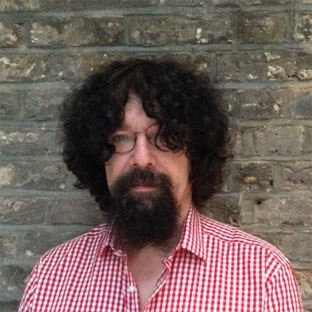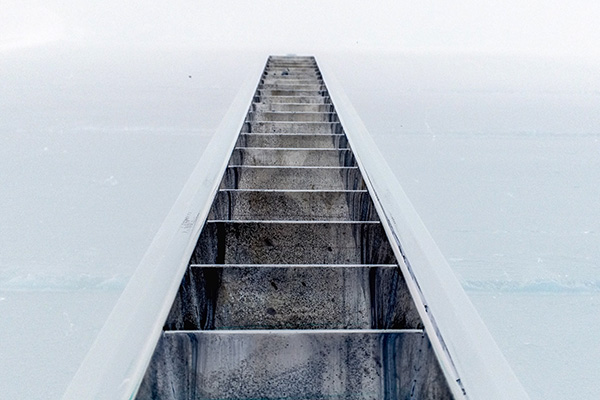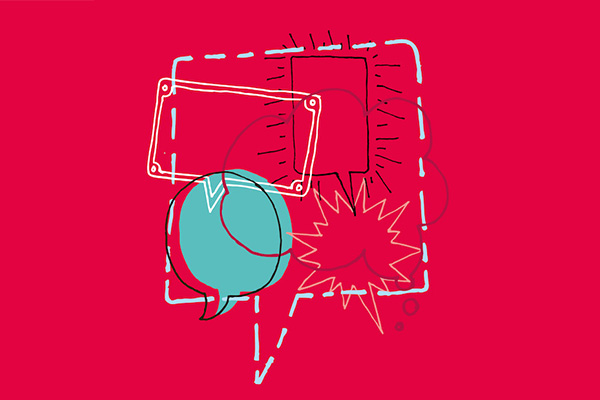Lex III: Actioni contrariam semper et æqualem esse reactionem: sive corporum duorum actiones in se mutuo semper esse æquales et in partes contrarias dirigi. Sir Isaac Newton, Principia Mathematica Philosophiae Naturalis, published 1686.
Newton’s Third Law of Motion and for those of you not fluent in Latin here’s the approximate translation in today’s English.
Law III: To every action there is always an opposite and equal reaction: or the mutual actions of two bodies upon each other are always equal, and directed to contrary parts.
But what has this to do with the First World War history books?
The undeniable horrors of the frontlines during the ‘Great’ War have been well chronicled by historians. If the front lines saw abject horror it stands to reason that those returning home may need to implement coping strategies as a way to forget the awful conditions and the atrocities they witnessed. Such was this hedonism that the Bishop of Birmingham, Russell Wakefield at a summit at Sunderland House in London, 1914 called it: ‘the deplorable way in which every kind of looseness of life, almost, was encouraged by the war conditions’.
Drug-taking (particularly cocaine), no-strings attached sex, and excessive alcohol consumption was de rigueur.
In his address the Bishop was to coin a phrase that is still, far too often used: ‘Binge drinking’. It was said in some Government circles (attributed to the then Chancellor of the Exchequer, David Lloyd George) that heavy drinking, and its associated behaviour, posed a bigger threat to Britain than a German invasion.
Even 100 years ago fruitless attempts were made to combat excess by prohibition rather than education. One of the first instances being in Kent, where, coincidentally, we are delivering the RSA’s Whole Person Recovery Programme in partnership with CRI and Sussex Partnership NHS Foundation Trust.
On the Isle of Sheppey, pubs excluded soldiers and sailors during the early evening to curb excesses. In other parts of the country they closed early, 9pm. But records show it had little, if any, effect.
Incidences of loutishness and violence in the streets and on public transport; people urinating and doing other lurid things in the streets were all regular occurrences. The main excuse for this being a desire to escape from the realities of everyday life
This behaviour was both a headache for the authorities and a source of good copy for the media of the day (sound familiar?)
Every war seems to have had its own association with a particular drug whether taken as directed, or used illicitly. Many personnel have left the services as unseen casualties of the conflict in which they fought. Some channelling their focus into addiction as an escape.
The American Civil War had morphine; the Second World War had amphetamines to help keep pilots and soldiers alert and awake; the Germans also developed methadone (a synthetic opiate replacement for heroin as they thought supplies of that may be cut off); cannabis, LSD and heroin in Vietnam; heroin again during Gulf Wars I and II; and more latterly prescription drugs, such as codeine, and New Psychoactive Substances (legal highs) in Afghanistan.
So what about the major drugs of the First World War? It was not so much new substances as new ways to use those already in existence that was prevalent.
Two drugs were redesigned for the war effort and can boast millions of addicts now, and over the past 100 years, with the vast majority of us having tried at least one.
The innovations: tailor-made cigarettes and instant coffee. Both created by the American military to help their servicemen be more efficient. Until the start of the war coffee had to be brewed, and tobacco either filled in a pipe or hand-rolled, all of which was deemed a waste of valuable time. So fast-forward one hundred years. What lessons have we learned a century later?
Not a lot it would seem.
Binge drinking is still an issue; as is recreational drug use and a societal laissez-faire attitude. Respective Governments seem keener on prohibition than on education and any sort of review of drug and alcohol policy.
As we approach next year’s General Election the big guns will be drawn out, once again, to fire salvos of rhetoric declaring a war on drugs and anti-social behaviour associated with excessive alcohol consumption. But just as the war 100 years ago got bogged down a mire of trenches; with little ground ever being made by either side, so has the war on drugs.
It will take a very brave leader to stand up and say it’s time to call a truce, to make peace, albeit an uneasy one for many.
A leader who is not frightened of being shot at.
Related articles
-
Blog: Let's get down and talk dirty
Steve Bodycomb
How language can to used to help or hinder a person's recovery journey from substance and alcohol misuse
-
Blog: The language of Pain
Steve Bodycomb
How language and art can be used to help diagnosis and treatment of medical conditions
-
‘One Love’ – America’s new million dollar industry
Mark Newman
Legal marijuana is sweeping across the US and a market for drugs tourism is emerging in its wake.




Join the discussion
Comments
Please login to post a comment or reply
Don't have an account? Click here to register.
thanks, nice post